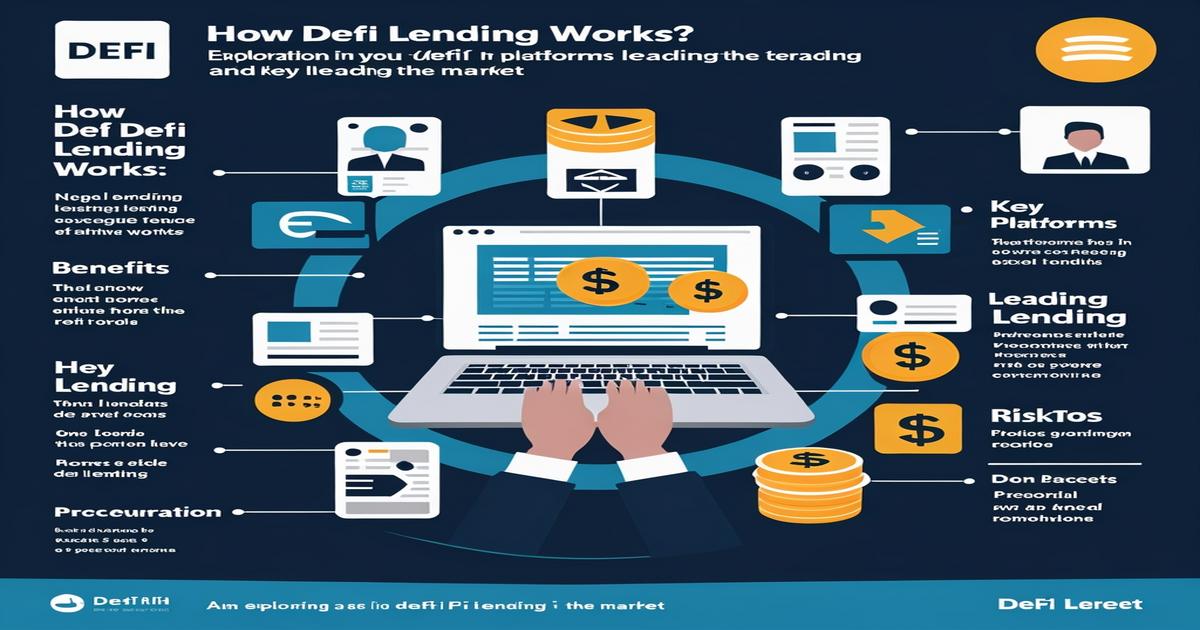Uncategorized
Navigating the World of DeFi Lending: Unlocking Opportunities in Decentralized Finance

Uncategorized
How Blockchain is Revolutionizing Traditional Finance: Opportunities and Challenges
Uncategorized
How Blockchain is Revolutionizing Supply Chain Management: Uncover the Future of Transparency and Efficiency
Uncategorized
Revolutionizing Supply Chains: How Blockchain Unlocks New Levels of Transparency and Security
-

 Fashion8 anos ago
Fashion8 anos agoThese ’90s fashion trends are making a comeback in 2017
-

 Entertainment8 anos ago
Entertainment8 anos agoThe final 6 ‘Game of Thrones’ episodes might feel like a full season
-

 Fashion8 anos ago
Fashion8 anos agoAccording to Dior Couture, this taboo fashion accessory is back
-

 Entertainment8 anos ago
Entertainment8 anos agoThe old and New Edition cast comes together to perform
-

 Sports8 anos ago
Sports8 anos agoPhillies’ Aaron Altherr makes mind-boggling barehanded play
-

 Entertainment8 anos ago
Entertainment8 anos agoDisney’s live-action Aladdin finally finds its stars
-

 Business8 anos ago
Business8 anos agoUber and Lyft are finally available in all of New York State
-

 Sports8 anos ago
Sports8 anos agoSteph Curry finally got the contract he deserves from the Warriors







